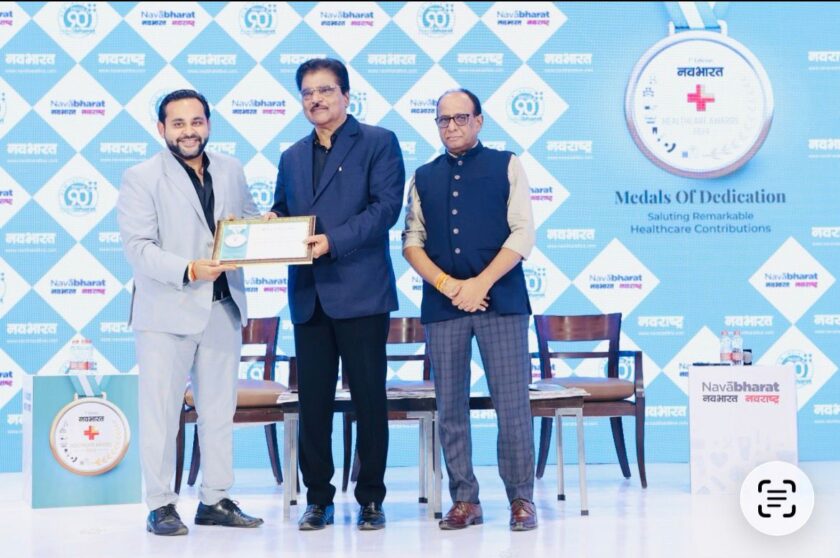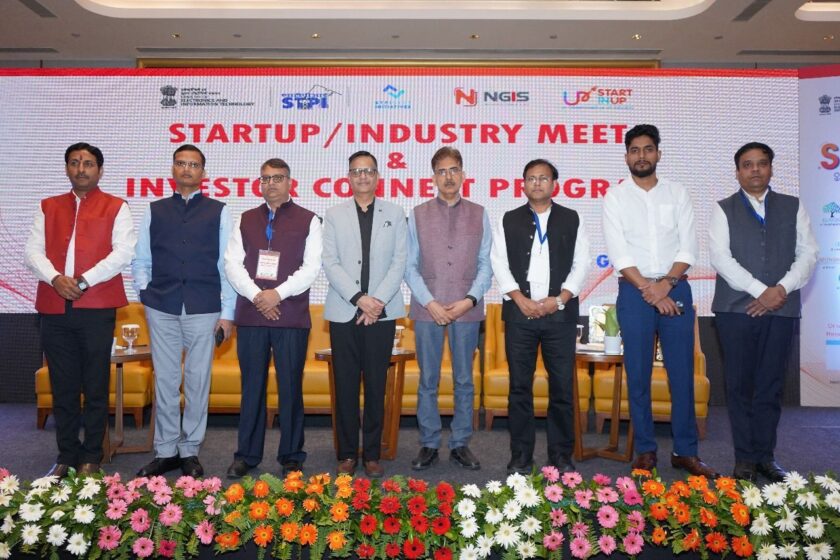New Delhi – India, the world’s third-largest automobile market by sales, is leveraging cutting-edge technology to redefine its automotive industry, driving sustainability, safety, and global competitiveness. With the sector contributing 7.1% to the national GDP and an 8% share in exports, India is accelerating toward a tech-driven future, propelled by innovations in electric vehicles (EVs), autonomous systems, and connected mobility.
Electrification at the Core
India’s push for sustainability is transforming the automotive landscape, with EVs leading the charge. The domestic EV market is projected to grow at a CAGR of 49% from 2022 to 2030, targeting 10 million annual sales by 2030. Government initiatives like the PM E-DRIVE scheme, with a $1.30 billion budget until March 2026, are accelerating EV adoption by supporting 372,215 electric two- and three-wheelers. The Production Linked Incentive (PLI) Scheme for Automobile and Auto Components, with a $3.1 billion outlay, is boosting the manufacturing of Advanced Automotive Technology (AAT) products, including zero-emission vehicles. S. Sunil Kumar, Country President of Henkel Adhesives Technologies India, noted, “Trends like e-mobility are driving transformative growth, with adhesives and coatings enhancing battery safety and performance.”
Autonomous and Connected Vehicles
Indian automakers are integrating Advanced Driver Assistance Systems (ADAS) and connected vehicle technologies to enhance safety and user experience. By 2024, nearly every new car launch featured ADAS capabilities, such as lane departure warnings and automatic emergency braking, as seen in models like the 2023 Honda City. The Internet of Things (IoT) is enabling connected cars with real-time traffic updates and predictive maintenance, with apps like Tata Motors’ iRA and Hyundai’s BlueLink becoming standard. Sanjay Gupta, Vice President of NXP India, stated, “Technologies like 5G and edge computing are allowing automakers to invent new business models, enhancing the driving experience.”
Battery and Sustainable Innovations
Advancements in battery technology are pivotal. The $2.2 billion PLI scheme for Advanced Chemistry Cell (ACC) Battery Storage is fostering domestic production of high-efficiency batteries, reducing reliance on imports. Innovations like Battery-as-a-Service (BaaS) are lowering costs for consumers, while solid-state batteries are being explored for higher energy density and safety. The government’s vision to reduce crude oil imports by 90% by 2047 through EVs could save $240 billion, aligning with India’s sustainability goals. Prime Minister Narendra Modi, at the SIAM Annual Convocation 2023, emphasized, “The auto industry’s efforts toward decarbonization are paving the way for a greener future.”
Manufacturing and Digital Transformation
Technology is revolutionizing automotive manufacturing in India. Automakers are adopting Industry 4.0 practices, using AI, big data, and robotics to optimize production. Tata Elxsi’s collaboration with Mercedes-Benz R&D India is powering software-defined vehicles, enhancing smart mobility. Additive manufacturing and AI-driven inspections are streamlining supply chains, while companies like Tata Motors use Microsoft Azure for predictive maintenance and advanced navigation in connected cars. Amlendukumar Singh, Business Head at 3M India, highlighted, “IoT and connected cars are reshaping the industry, improving efficiency and safety.”

Challenges and Opportunities
Despite the progress, challenges remain. Infrastructure gaps, such as the need for more EV charging stations, and a skill gap among engineers require attention. The rapid pace of technological change risks obsolescence, demanding continuous R&D investment. However, India’s robust IT sector and policies like Make in India are positioning the country as a global hub for automotive innovation. The industry is expected to create 65 million jobs by 2026, with exports targeted to increase fivefold from 2016 to 2026.
A Global Leader in the Making
India’s automotive industry is on a transformative journey, blending technology with sustainability to meet consumer demands and environmental goals. With supportive policies, international collaborations, and a focus on innovation, India is steering toward becoming the largest EV market by 2030, with a $200 billion investment opportunity. As the sector evolves, the words of Elon Musk, quoted in 2017, resonate: “Long term, it’s going to make sense to have a Gigafactory in India.” The future of India’s automobile industry is not just electric—it’s intelligent, sustainable, and globally competitive.









